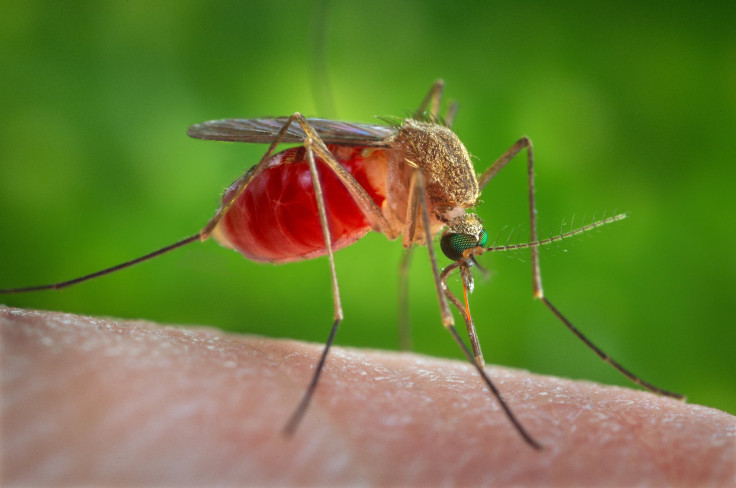Flesh-eating bacteria (necrotising fasciitis) infect Sydney man and woman

A couple of Western Sydney locals have been infected by rare flesh-eating bacteria. The 57-year-old man and 46-year-old woman both come from the Mt Druitt area. Insect bites may have caused their misfortunes.
The two victims, who are unrelated, were hospitalised Tuesday afternoon in Blacktown Hospital, where the male victim underwent surgery. There is no clear explanation on how the man and the woman contracted the disease, although it’s likely that they were bitten by an insect while doing some gardening, according to Sky News. It is also said that the flesh-eating bacteria have had its way with the male victim’s skin from the lower back all the way down to his feet, while the female victim is suffering from the knees down.
According to the report, if the man does not get better, he will be transferred to Westmead Hospital in Pattamatta for a more comprehensive management. Both patients are in stable condition with family members at their side. The Western Sydney Local Health District reassured that the victims’ conditions post no risk whatsoever to public health and that the community doesn’t need to worry.
Two ppl in Blacktown Hospital with rare necrotising fasciitis,acquired in Polynesia. No risk to public health.
— West Sydney Health (@WestSydHealth) January 17, 2017
Flesh-eating bacteria, medically known as necrotising fasciitis, may not be considered as transmissible, although in this case the infection may have come from a mosquito or a spider. Said microorganisms are able to enter the body via breaks in the skin such as bites, burns, lesions, scrapes or punctures.
The flesh-eating bacteria can cause permanent deformities, decay and tension to organs if left untreated. Symptoms that victims experience include red or purple skin in the affected area, vomiting, fever and severe pain. Risk factors are also involved when it comes to necrotising fasciitis, including intravenous drug use, obesity, peripheral vascular disease, alcoholism and poor immune system caused by conditions such as cancer or diabetes.
RELATED STORIES:
Flesh-eating bacteria from tilapia may have caused US woman's life-threatening infection
Flesh-eating ulcer spreads to Melbourne; Rapid diagnostic test available




















